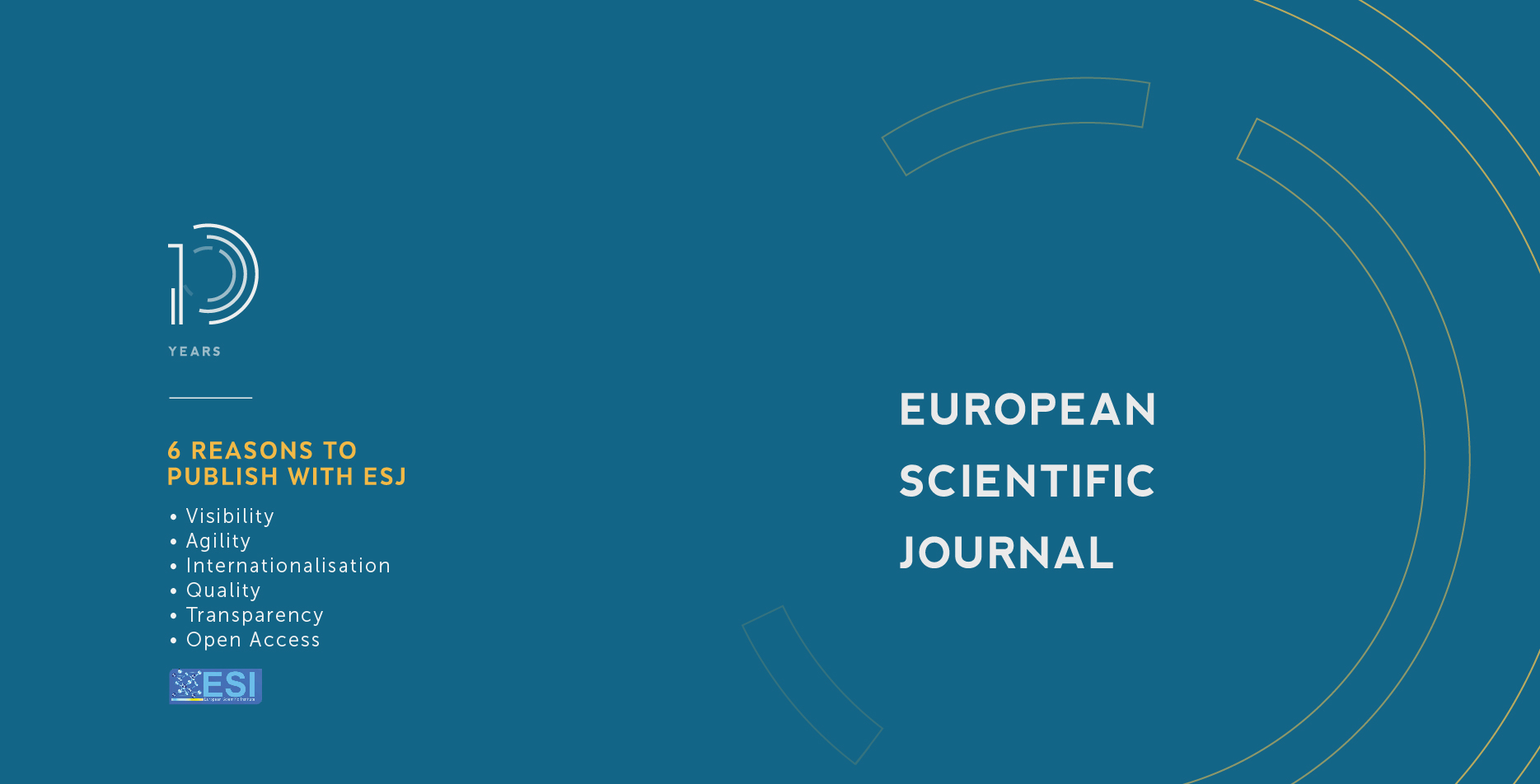Effect of Cognitive Behavioural Therapy on Pupils with Attention Deficit Hyperactivity Disorder in Two Selected Primary Schools in Cape Coast Metropolis, Ghana
Abstract
This study focused on investigating the effect of the Cognitive Behavioural Therapeutic treatment (CBT) on pupils with Attention Deficit Hyperactivity Disorder (ADHD) at Bekkyford and Felicomfort Primary Schools in Cape Coast, Ghana. The quasi-experimental design was used for the study. The sample for the study was 43 participants which include 8 parents, 6 teachers, 16 siblings of participants, 13 pupils made up of 9 males and 4 females. The pupils were purposively sampled for the study with the aid of the Scheduled for Affective Disorders and Schizophrenia for School-Aged Children (K-SADS). Data were collected with the Scheduled for Affective Disorders and Schizophrenia for School-Aged Children (K-SADS), questionnaire, and Clinical Global Impression Severity Scale (GCI-I). The results revealed that three out of the 9 males (representing 30 percent) reported minimal improvement in their symptoms regarding impulsivity and inattentiveness. There was a significant difference between the experimental group (M = 18.70, SD = 2.243) and the control group (M = 08.45, SD = 4.185), t(37)= 8.023; sig.=.003, P<.05 with respect to the CBT. It was recommended that parents, teachers and siblings should be included in all psychosocial interventions for people with ADHD for lasting and effective management of the symptoms.
Downloads
PlumX Statistics
Copyright (c) 2021 Felix Senyametor, Vera Arhin, Rebecca Kaedabi-Donkor, Lydia Aframea Dankyi, Kwame Nkrumah

This work is licensed under a Creative Commons Attribution-NonCommercial-NoDerivatives 4.0 International License.








